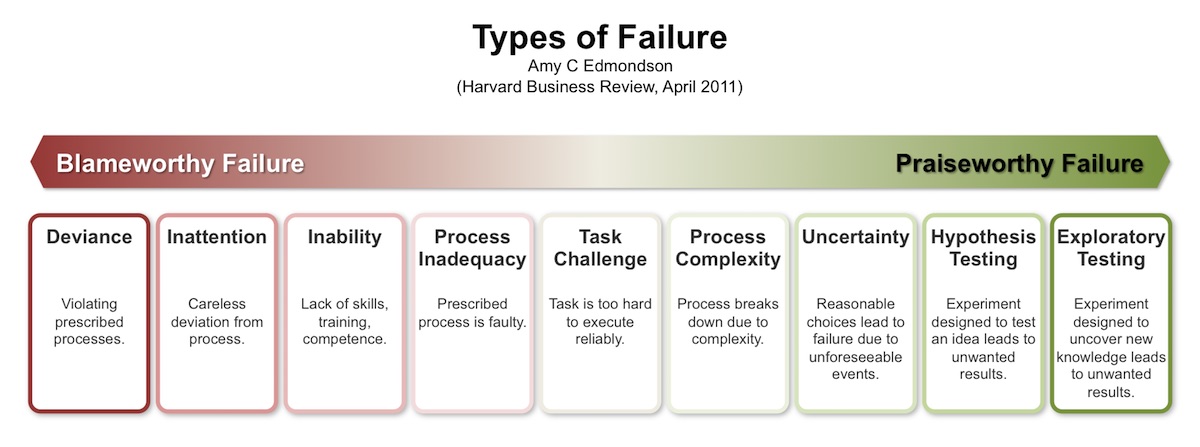In sports as in every other area of our lives we make mistakes. The perfect performance does not exist. Each performance is a mixture of skills and mistakes; usually win who commits fewer mistakes.
The mistakes are everywhere and they are an important part of human performance. We can’t hide from our mistakes. In addition, the result of the mistakes are always technical aspects, we see the athletes who are accelerating or slowing too much their actions, which miss a shot, too stiff to move, pulling the serve ball in the net and so on. Otherwise the cause of these mistakes can be attributed to different aspects. In fact, the mistake can be caused by different factors, going from technical incompetence to difficulties to manage the competitive stress, lack of concentration or because the athletes are too tired.
“When people feel stressed, of course, they no longer feel safe and are further inhibited in practicing new ways of acting. Instead they become defensive, relying on their most familiar habits … For all these reasons, learning … works best under conditions where people feel safe – but not so relaxed that they lose motivation. There’s an optimal level of brain arousal that helps people to learn, the state which both motivation and interest are high. A sense of psychological safety creates an atmosphere in which people can then experiment with little risk of embarrassing or fear of the consequences of failure” (From: D. Goleman, R. Boyatzis e A.MkKeee, Primal Leadership).






